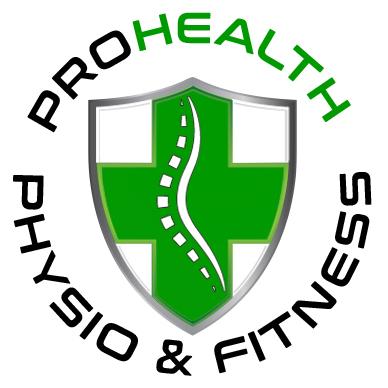As the competitive season hits its midpoint, athletes and active individuals often face a familiar challenge: mid-season fatigue and injuries. Whether you're a weekend warrior, a seasoned competitor, or part of a local sports team, this phase can test your physical and mental resilience. At PROHEALTH PHYSIO & FITNESS (EP), we specialise in helping you stay strong, recover faster, and perform at your best, no matter the season.
What Is Mid-Season Fatigue?
Mid-season fatigue is more than just feeling tired. It’s a cumulative wear-and-tear effect on your body caused by:
- Intense training schedules
- Limited recovery time
- Poor sleep or nutrition
- Mental burnout
Symptoms may include persistent soreness, reduced performance, slower reaction times, and even mood changes. Ignoring these signs can lead to more serious injuries.
Common Mid-Season Injuries
At PROHEALTH PHYSIO & FITNESS (EP), we frequently treat athletes for:
- Overuse injuries (e.g., tendinitis, stress fractures)
- Muscle strains and sprains
- Joint pain (especially knees, shoulders, and ankles)
- Lower back discomfort
- Shin splints and plantar fasciitis
These injuries often stem from repetitive motion, inadequate warm-ups, or pushing through pain without proper care.
How PROHEALTH PHYSIO & FITNESS (EP) Can Help
We offer a comprehensive approach to injury prevention and recovery:
Expert Physiotherapy
Our licensed physiotherapists assess your movement patterns, identify imbalances, and create personalized treatment plans to restore function and reduce pain.
Sports Massage & Recovery Therapy
Targeted massage therapy helps release muscle tension, improve circulation, and accelerate healing.
Strength & Conditioning Programs
We design mid-season training plans that balance performance with recovery, helping you maintain peak condition without overtraining.
Injury Prevention Workshops
Learn proper warm-up techniques, mobility drills, and recovery strategies to stay injury-free throughout the season.
Nutrition & Wellness Support
Fuel your body with expert guidance on hydration, meal planning, and supplements tailored to your sport and goals.
Don’t Wait Until It’s Too Late
Mid-season is the perfect time to reassess your physical health. A proactive visit to PROHEALTH PHYSIO & FITNESS (EP) can make the difference between finishing strong or sitting out the rest of the season.
If aches, pains or increasing body fatigue are affecting you, contact us at PROHEALTH PHYSIO and allow us to assist in the rehabilitation of your injury and get back to being the best version of yourself.
REFERENCES
Herda, T. J., Ryan, E. D., Smith, A. E., Walter, A. A., Bemben, M. G., Stout, J. R. & Cramer, J. T. (2009). Acute effects of passive stretching vs vibration on the neuromuscular function of the plantar flexors. Scandinavian Journal of Medicine & Science in Sports, 19(5), 703-713.
Fullager, H. H. K., Skorski, S., Duffield, R., Hammes, D., Coutts, A. J. & Meyer, T. (2015). Sleep and Athletic Performance: The Effects of Sleep Loss on Exercise Performance, and Physiological and Cognitive Responses to Exercise. Sports Medicine, 45, 161-186.

